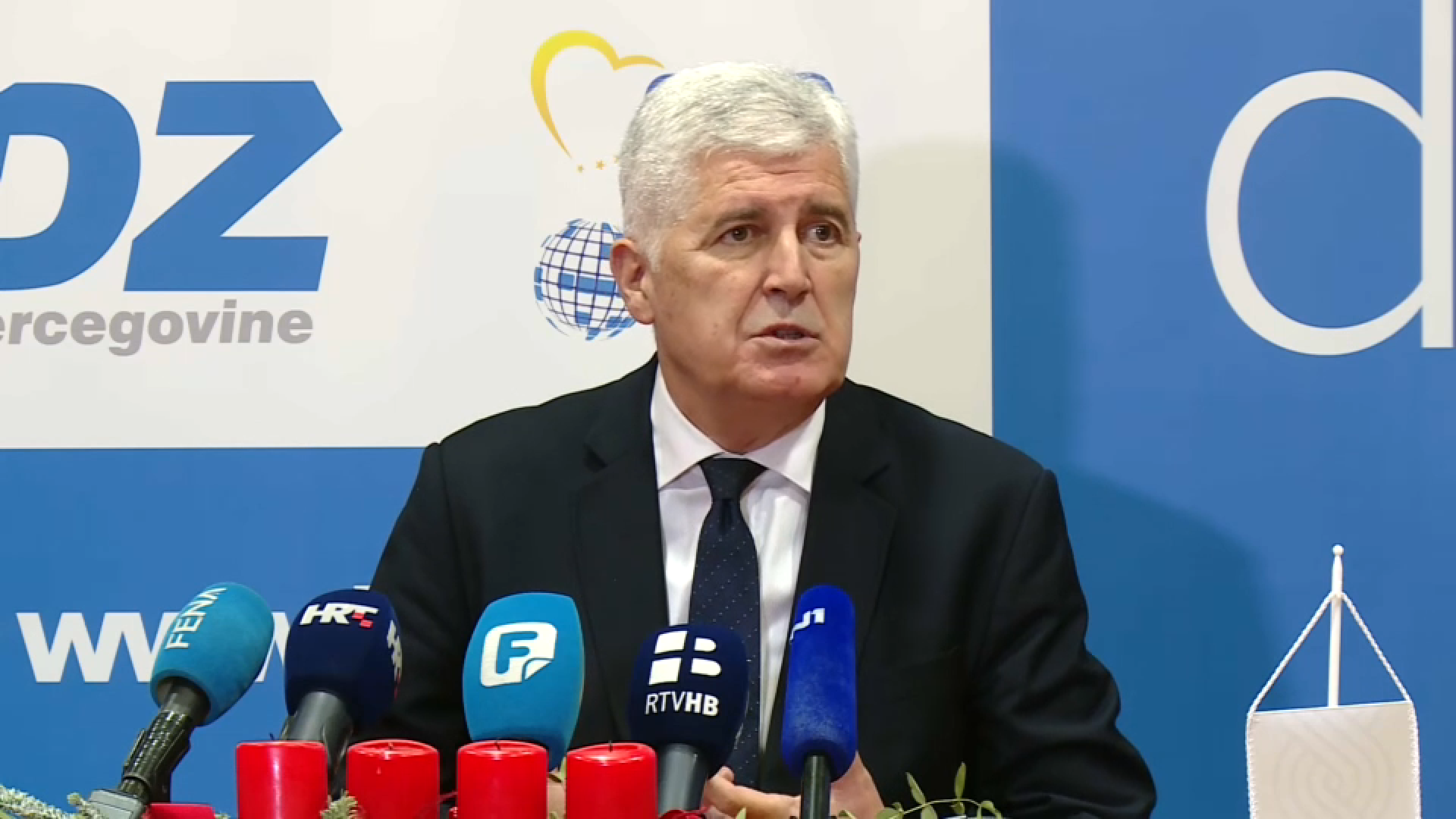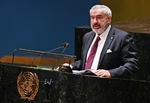Dragan Covic discusses reform challenges and EU path at HNS and HDZ meetings

The Croatian National Assembly (HNS) and HDZ Bosnia and Herzegovina held sessions in Mostar to discuss ongoing challenges and priorities. Party leader Dragan Covic expressed optimism but acknowledged significant tasks ahead, including Bosnia and Herzegovina’s (BiH) EU path and strengthening partnerships at both the entity and state levels.
Oglas
Covic highlighted the importance of passing key reforms, including the Law on Border Control and the Law on Personal Data Protection. Although both were adopted by the Council of Ministers, they have yet to pass in Parliament. Covic remains hopeful:
“There is a chance the House of Representatives will hold a session on December 31. If that happens, the House of Peoples can approve these laws as well. If not, we’ll have to wait until mid-January after the holidays,” Covic explained.
He lamented the missed opportunity to finalize reforms during Hungary’s EU presidency, including the Growth Plan and key staffing appointments. Two additional laws—the Law on Courts and the Law on the High Judicial and Prosecutorial Council (HJPC)—are ready for procedure, pending minor details and agreement with coalition partners.
Political obstacles and missed opportunities
Covic noted persistent challenges in achieving consensus:
“We’ve had repeated discussions with the EU’s special representative for BiH, but small disagreements provide others with excuses to delay. Once again, someone pulled the chair out from under us. Figuratively speaking, we must ensure positive reports by March and open the process,” he said.
Oglas
Southern Interconnection controversy
Addressing the stalled Southern Gas Interconnection project, Covic emphasized compromise:
“I’ve had extensive talks with all stakeholders, but the recent developments were undemocratic for BiH. Despite the challenges, we’ll continue working within constitutional and legal frameworks to resolve this,” Covic stated.
He accused Bosniak political partners of attempting to centralize power:
“It’s clear they see an opportunity to centralize everything in the Federation, including EPHB, HT Eronet, and the Post Office. This isn’t acceptable. Our proposal remains to create a new company under the Federation government based in Mostar,” he concluded.
Despite setbacks, Covic remains optimistic about advancing reforms and ensuring functional partnerships to move BiH closer to EU integration.
Kakvo je tvoje mišljenje o ovome?
Učestvuj u diskusiji ili pročitaj komentare
Oglas
Kakvo je tvoje mišljenje o ovome?
Učestvuj u diskusiji ili pročitaj komentare
Oglas
NAJČITANIJE
Oglas
Oglas
Najnovije
Oglas
Oglas





 Srbija
Srbija
 Hrvatska
Hrvatska
 Slovenija
Slovenija



























































